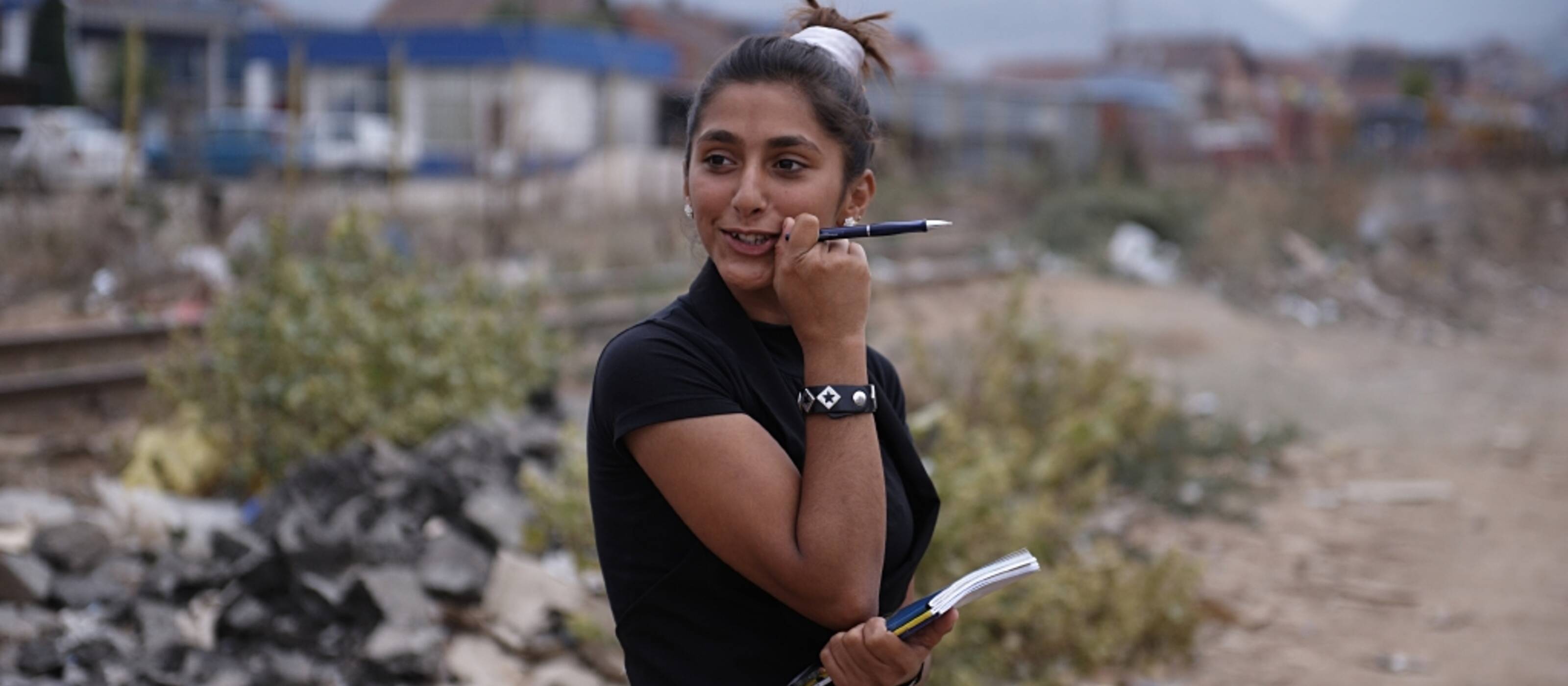

Kosovo
Das kleine Land Kosovo ist benannt nach dem Amselfeld um die heutige Hauptstadt Pristina. Die Folgen des Kosovo-Krieges Ende der 90er Jahre spürt die Bevölkerung, besonders Jugendliche aus benachteiligen Minderheiten, noch heute stark. Kosovo gehört zu der Region Europas, die am stärksten von den Auswirkungen der Klimakrise und von Armut betroffen ist. Die Landwirtschaft spielt im Kosovo eine grosse wirtschaftliche Rolle.
Niedrige Löhne und die allgemeine Unzufriedenheit mit staatlichen Dienstleistungen sind in der kosovarischen Bevölkerung stark verbreitet. Arbeitslosigkeit ist ein grosses Problem, das insbesondere Frauen und Jugendliche betrifft. Caritas Schweiz startete ihr Engagement mit humanitärer Hilfe direkt nach dem Krieg. Heute liegt der Fokus der Arbeit auf nachhaltiger Armutsbekämpfung, beispielsweise durch die Stärkung des Bildungssystems und Schaffung von Einkommensmöglichkeiten.
Überblick in Zahlen
Quellen: Human Development Report, UNESCO, UNFPA, UNDP, USAID (Stand 2023)
- Gesamtbevölkerung: 1.85 Millionen
- Armutsindex (Anteil der Armutsbetroffenen): 26.5%
- Wohlstandsindikator (total 193 Staaten): Rang 88
- Bruttonationaleinkommen pro Kopf: USD 13'900
- Lebenserwartung bei der Geburt: 71.8 Jahre
- Kindersterblichkeit: 2.1%
- CO2 Ausstoss pro Kopf: 6.1 Tonnen
Caritas-Projekte im Land
Caritas Schweiz vor Ort
Titelbild: Bildung ist ein wichtiger Pfeiler der Armutsbekämpfung und Förderung der Gleichberechtigung im Kosovo. © Andreas Schwaiger